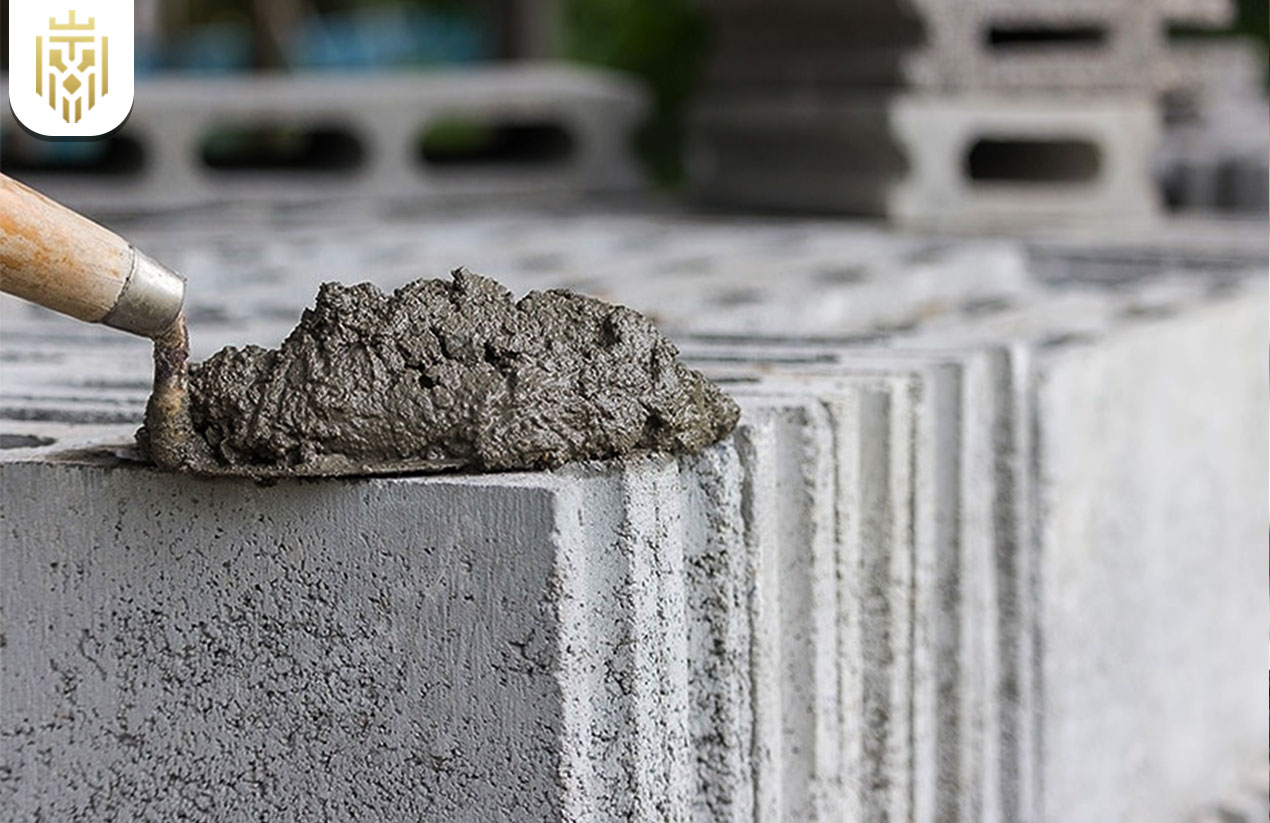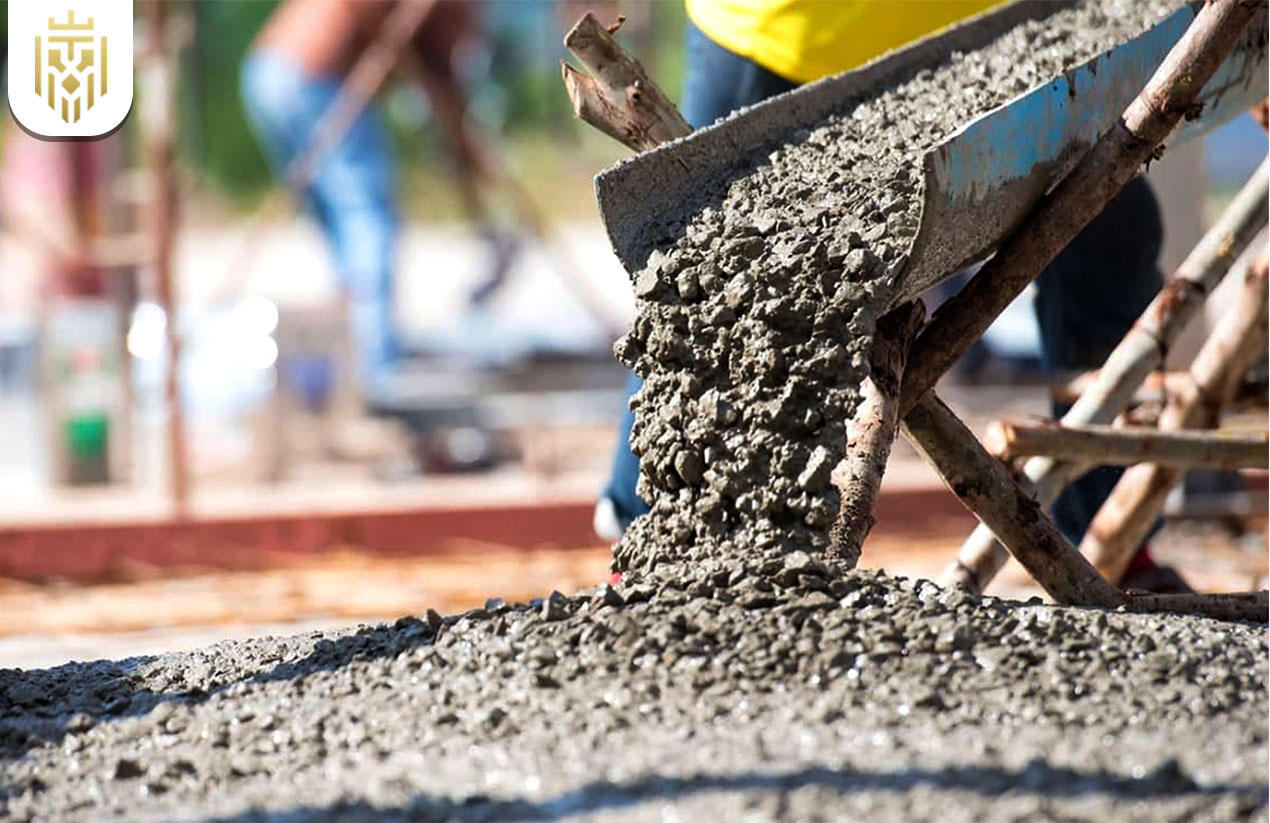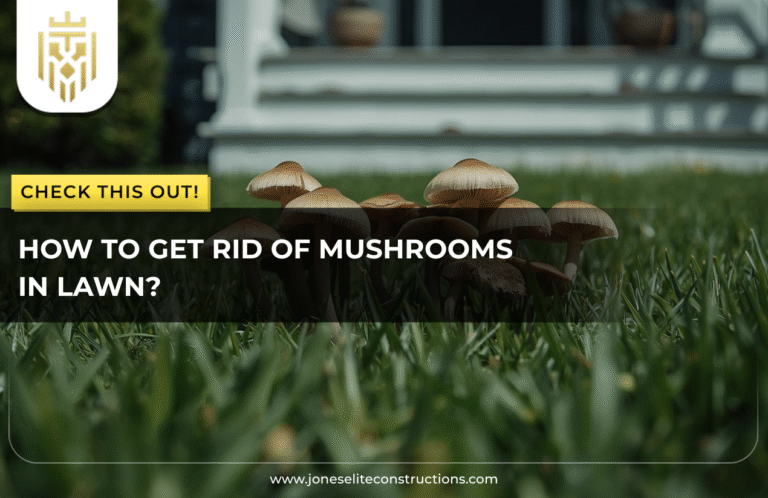What Is Concrete?
Concrete is one of the most widely used construction materials throughout the world. It is a composite that evolves through the mixing of cement, water, and aggregates such as sand, gravel, or crushed stone. When poured into molds and cured, it becomes a highly resistant, durable substance capable of bearing considerable weight and subject to adverse environmental encounters.
Due to its strength, versatility, and longevity, concrete finds applications everywhere-construction of buildings, bridges, sidewalks, and driveways, to name just a few.
What Is Concrete Made Of?
Concrete contains four essential ingredients: cement, water, fine aggregate (sand), and coarse aggregate (gravel or crushed stone). Cement serves as the binder; water activates the chemical reaction leading to hardening, while aggregates provide the bulk and strength. Some admixtures may sometimes be added to enhance other properties such as setting time, strength, or resistance to severe conditions.
Importance of Choosing the Right Type of Concrete

Selecting the right concrete type is crucial to ensure durability, safety, and structural efficiency. Below are the key reasons why your choice matters:
Impacts Durability and Strength
The strength and durability of a concrete structure depend upon the concrete type selected in the concrete mix; hence, using an unsuitable type can lead to premature wearing away or to structural failure.
Suitable for Specific Applications
Every job requires concrete with specific properties. The correct choice lies in making the concrete compatible with its intended use, whether it is for a residential patio or a multistory building.
Helps Meet Local Climate Requirements
The concrete has to stand the test of local weather conditions. Some concrete types perform better not only against extreme heat but also against unforgiving cold or a wet climate that damages others.
Affects Construction Speed and Quality
Each concrete type may have its own setting and curing time. Hence, selecting the appropriate concrete type might give an advantage to construction time over quality.
Different Types of Concrete

There are several types of concrete, each designed for specific uses and conditions. Here are the most commonly used types:
Ready-Mix Concrete
Ready-mix concrete is made at a batching plant and transported to the site in mixer trucks. It is useful in large-scale projects where consistency and speed in placing it are essential.
Reinforced Concrete
The minimum amount of steel is embedded to provide tensile strength. It is largely used for load-bearing structures such as foundations, bridges, and columns.
High-Strength Concrete
High-strength concrete is made to have a compressive strength greater than usually 6000 psi. It is ideal for tall buildings and heavy infrastructure.
Lightweight Concrete
Lightweight concrete, made with lightweight aggregates like expanded clay or shale, is generally used for lessening the structural weight without deteriorating the performance of the building, at least for floors and roof decks.
High-Performance Concrete (HPC)
HPC concretes have high levels of durability, workability, and strength. They are employed in highly demanding projects such as marine structures and highways.
Precast Concrete
Precast concrete is shaped and cured first in a controlled environment and then shifted to the site for installation. It allows installation to be undertaken swiftly and with uniform quality.
Stamped Concrete
This kind of concrete is decorative concrete applied to mimic natural materials such as stone, brick, or wood. It is commonly used for patios, walkways, and driveways for visual appeal.
Fiber-Reinforced Concrete
This type includes synthetic or steel fibers to increase crack resistance and durability. It’s beneficial in industrial flooring and heavy-duty pavements.
How to Choose the Right Type of Concrete?
Choosing the right type of concrete greatly depends upon the specific requirements of your construction project. Factors like structural load, location-oriented climatic conditions, and the use intended for the area are crucial in deciding which type of concrete should be opted for.
For example, a driveway might require high-strength or fiber-reinforced concrete due to heavy vehicle traffic, whereas light concrete might be used for a decorative patio because of the aesthetic value and ease of installation.
On the other hand, some projects may demand that the concrete cure fast or be moisture resistant, rendering the choice of high-performance concrete. Under specialized circumstances or when the possibilities are not certain, always consult a professional whose superior skills will ensure the selection supports both performance and durability.
FAQs
1) What is concrete?
It is a hard-wearing building material made using cement, water, and aggregates such as sand or gravel.
2) What are the different types of concrete?
Ready-mix concrete, reinforced concrete, high-strength concrete, lightweight concrete, precast concrete, stamped concrete, fiber-reinforced concrete, and high-performance concrete are some common types.
3) What Is Concrete Made Of?
It carries cement, water, fine aggregate (sand), coarser aggregate (gravel), and in some cases, introduced admixtures to obtain desired properties.
4) What is the most durable type of concrete?
High-performance concrete and fiber-reinforced concrete are among the most durable, offering excellent resistance to wear, weather, and stress.









